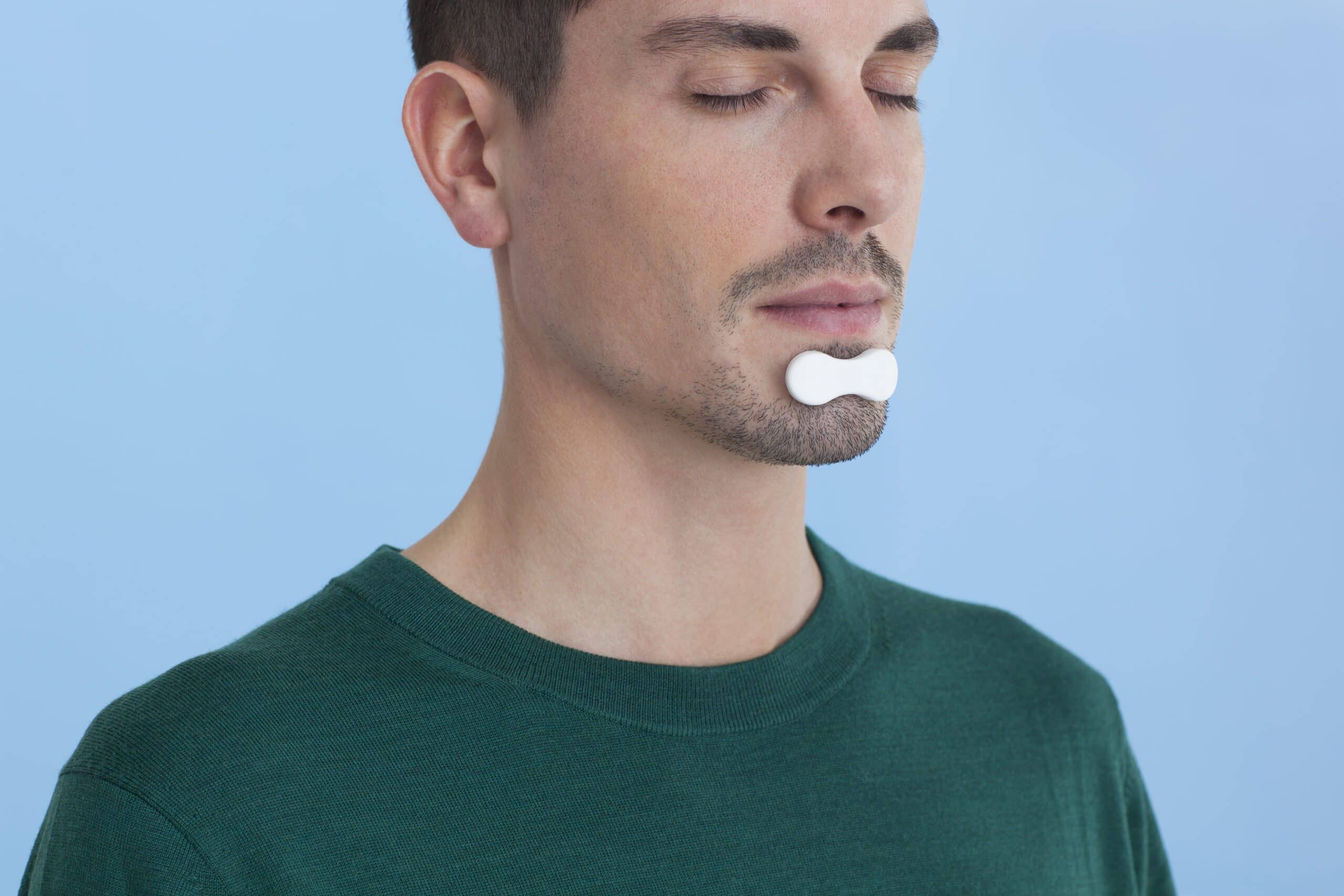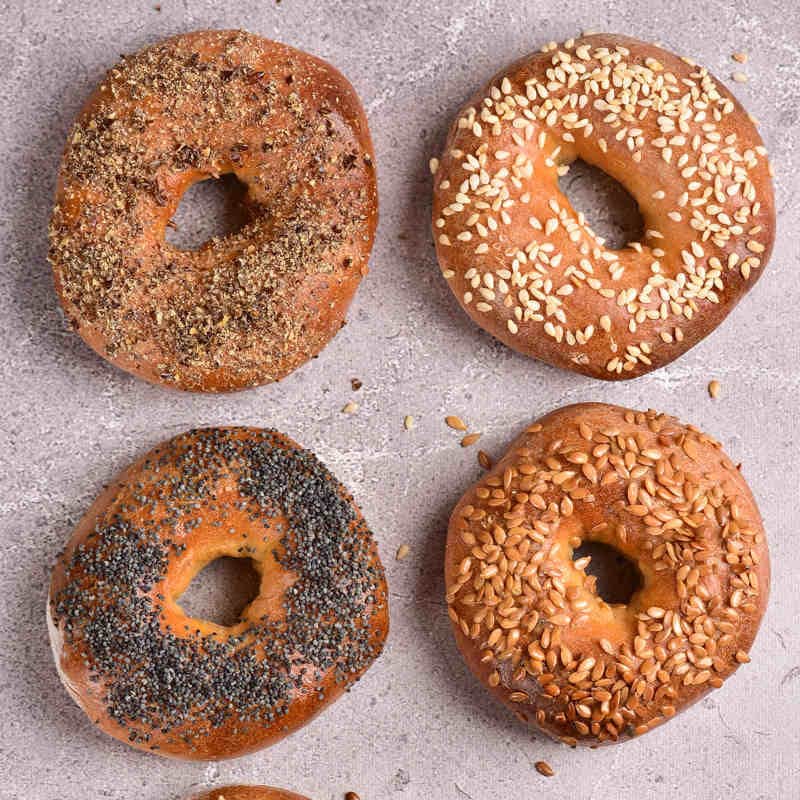Scientists at the University of Leicester are investigating whether the secret to both a long and healthy life is actually in a good night’s sleep—and our DNA.
A new project at Leicester with funding from the Biotechnology and Biological Sciences Research Council will establish an insect model for sleep disturbances’ impact on aging and see whether it is reversible by looking at how it affects the chemical modification in our DNA.
In general, older people sleep less, wake up and go back to sleep more often, and spend less time in deep sleep or dreaming than younger people. At the same time, numerous studies have shown that disturbed sleep is associated with mortality among older adults. Even a single night of disturbed sleep increases gene expression in pathways associated with getting older.
However, the molecular basis linking sleep alteration and aging is largely unclear. One of the clearest molecular markers for aging is DNA methylation, the chemical marks attached to the DNA that change throughout animals’ lives and have been found to track closely with chronological age.
Project lead professor Eamonn Mallon, PhD, and his team in the department of genetics and genome biology at Leicester have shown that a DNA methylation-based “epigenetic clock” can faithfully predict aging progression in the jewel wasp, making these wasps an ideal insect model for testing if changes in DNA methylation is involved in the sleep-regulated aging process.
Biological aging can be seen not only as how long you live or your lifespan but also as your quality of life and activity, known as healthspan. Working together with behavioral geneticists in the University of Leicester and Imperial College London, Mallon’s team will be using the jewel wasp as a model to examine what impact lack of sleep has on both of these measures as well as on the epigenetic clock.
Like humans, the jewel wasp sleeps mainly in the night. The scientists will be keeping these wasps awake at night and seeing how it affects their lifespan, healthspan, and epigenetic clock. If it does, it could suggest a direct link between sleeping and aging, as well as raise the possibility that epigenetics plays a role in how we get older biologically.
“We will be seeing how active the wasps are. As they age, you would expect them to be less active, a measure of healthspan, and with sleep disturbance, you would expect to see this happen quicker,” says Mallon in a release. “If it does, then the next step would be to see if this is reversible, with the ultimate aim being could we help people get a better night’s sleep as they age and maybe even live longer.
He adds in the release, “Epigenetic clocks are also a pretty good measure of age, but what people aren’t 100% sure of is whether epigenetic age is causative of aging or just an effect of aging—a bit like molecular ‘wrinkles.’”
Aging is a mechanistically complex process influenced by many environmental and genetic components that are difficult to investigate, particularly in humans. Previous research has been largely based on simple model invertebrate organisms, in particular fruitflies and nematodes, partly because their short lifespans allow scientists to observe aging effects on shorter timescales. However, they do not possess DNA methylation, an important part of epigenetics and how humans age.
The jewel wasp has a typical lifespan of three weeks and has a functional methylation system making it an ideal system to investigate this aspect of ageing.
“Our lab was the first to actually show that this process exists in insects,” says Mallon in the release. “There are a lot of interventions out there aimed at tackling aging, but the evidence for most of them is very slight. The wasp could really become a kind of early check—basically, a tiny version of us.”
Photo 149664725 © Prostockstudio | Dreamstime.com









































